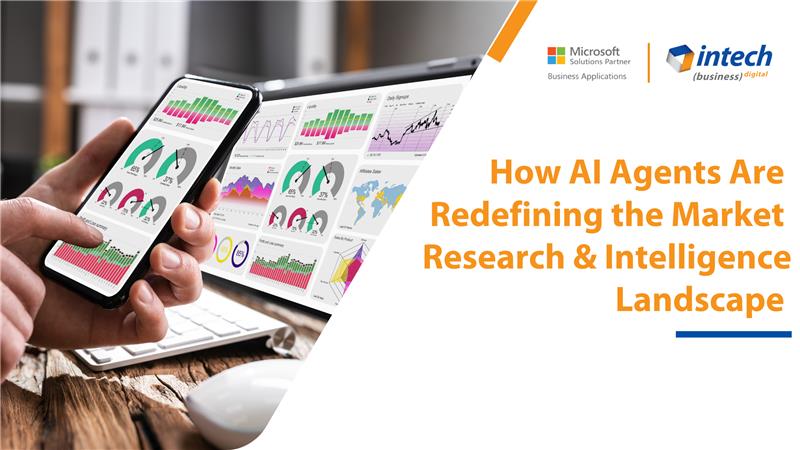Intech Systems
April 30th, 2018
When is it the time to change your ERP Partner?
So, you have successfully implemented an ERP software in your company and you are looking forward to start getting its...











